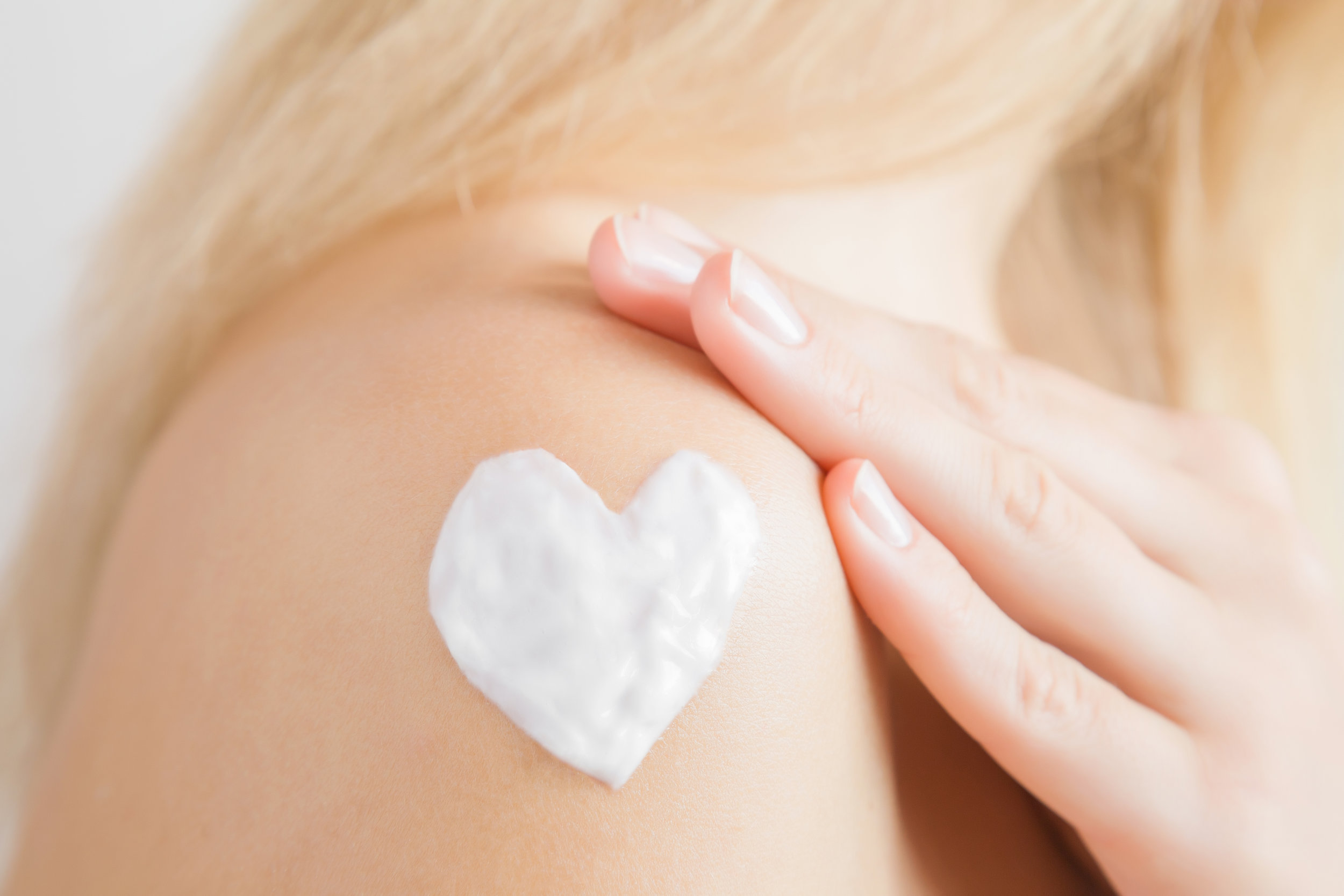The Reality of Sensitive Skin
The term ‘sensitive skin’ is used by many people to refer to their skin ‘type.’ However, and perhaps surprising to many, ‘sensitive skin’ as a skin condition is very difficult to define and diagnose. Whether or not ‘sensitive skin’ is a true skin condition is controversial but there has been in recent years some suggestions of how we can define it clinically: ‘sensitive skin’ is characterised by abnormal stinging, burning and tingling sensations (and sometimes pain or itching) in response to multiple factors that may be physical, chemical , psychological or hormonal. Redness of the skin is often but not always a feature.
However, there is no way to test for this condition
However, there is no way to test for this condition; it is diagnosed purely based on the medical history. It is important to realise that the pathophysiology – the underlying mechanism – that causes these symptoms collectively known as ‘sensitive skin’ is not known. Basically, we don’t know why certain people react to certain things the way they do. We do know it is not immunologic or allergic and there are no histological abnormalities seen in skin samples (biopsies) taken from patients who report having ‘sensitive skin’.
What could be happening in these patients is that their ‘skin tolerance threshold’ is low, potentially due to impaired barrier function with leads to transepidermal water loss that in turn leads to dryness and disruption of the top layer of the skin which can allow irritants to then enter the skin and stimulate an inflammatory response. The term ‘reactive’ skin is probably a better one than sensitive skin. And it is super common: in Europe over 50% of individuals report having reactive skin and it is therefore an extremely common cosmetic problem. The prevalence seems to be mostly related to environmental factors and increases in the summer, suggesting a role for UV exposure.
The bottom line is that sensitive skin is not an actual skin disease or condition that requires treatment. If you think you are suffering from ‘reactive skin’ have a look at the products you are using and try to cut down to only the absolute bare minimum. Excess use of cosmetic skincare disrupts your skin’s natural barrier function and can lead to a whole host of problems, including what you might describe as ‘sensitive skin.’ If you have a skin condition or problem, see a consultant dermatologist and get the right diagnosis and treatment.
References:
Esacalas-Taberner J, Gonzalez-Guerra E, Guerra-Tapia A. Sensitive skin: a complex syndrome. Actas Dermosifiliogr. 2011; 102(8):563-571.
Misery L. Sensitive skin and rosacea: a nosologic framework. Annales de dermatolgie et de venereology. 2011; 138:S207-S210.
Misery L. Neuropsychiatric factors in sensitive skin. Clinics in Dermatology. 2017; 35: 281-284.

